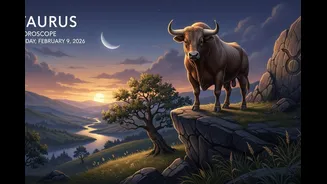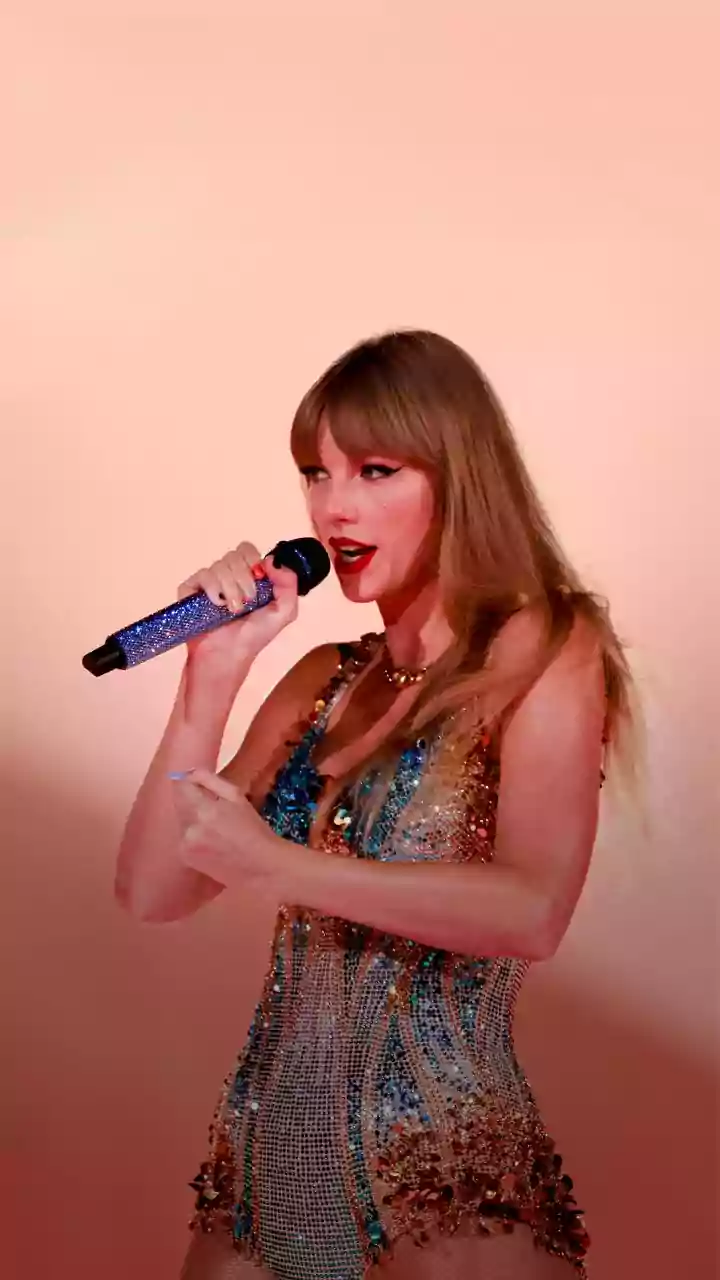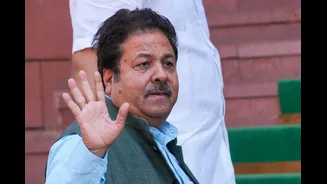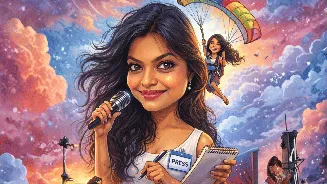Stranded on Set
Did you know that Raquel Welch faced a near-disaster during the filming of 'Gilligan's Island'? The actress was almost stranded, a situation that could
have dramatically altered the course of the show. This event underscores the unpredictable nature of filming and the challenges faced by those working on location. This highlights how even seemingly straightforward productions can encounter unexpected hurdles, emphasizing the importance of adaptability and quick thinking in the film industry. Incidents like these become part of the show's legacy, adding an extra layer of interest for fans who love to delve into the backstories of their favorite programs.
Haircut Comparisons
In the realm of animation, 'South Park' has often been the subject of cultural commentary, and the character Cartman is no exception. Fans have been keen to compare Cartman's various hairstyles over the years, drawing parallels between them and other cultural figures. This allows for satirical takes on modern-day trends and the ever-evolving world of pop culture, turning animated characters into commentators themselves. Each change in appearance, whether through a haircut or a change in attire, becomes another opportunity to poke fun at societal absurdities and human foibles, a key component of the show's enduring appeal.
Unseen Characters
There's a fascination with characters who are loved even though they never appear onscreen. These characters, though only talked about or mentioned, manage to capture the audience’s imagination and create a strong connection. Whether a mysterious unseen force, a well-referenced person, or even just a character's reputation, the very absence of the character can make them compelling. Their existence is frequently communicated through the recollections and opinions of those who have met them. The allure of the unseen character is that their persona can be tailored by the viewers, who supply the blanks with their own imaginations, contributing to the characters' legendary status.
Ending Reactions
Movie endings can leave a lasting impression on viewers, for better or worse. Some endings blow people away, leaving them in awe and admiration. The impact of the film’s conclusion could be felt for a long time after the credits rolled. The quality of the ending is important; the story's conclusion can either enhance or diminish the movie. The ending's importance lies not just in what transpires but also in how the audience interprets and internalizes it, adding layers of complexity that make them unforgettable. A great ending transforms a movie into a timeless classic.
Controversial Episodes
Certain TV episodes have caused such a stir that they were either pulled from the airwaves or never even aired. This can happen due to a variety of reasons, from the sensitive topics they tackle to the controversial messages they convey. The episodes often challenge societal norms or delve into areas where opinions greatly differ. The fact that they were censored or prevented from broadcasting underscores the intense pressure networks face. The existence of these controversial episodes highlights the ongoing struggle for freedom of speech within the entertainment sector. Such situations spark debate and reflection on what can and cannot be presented, thus reshaping the creative limits of television.
Sympathetic Villains
A unique aspect of many movies is the presence of villains that, upon closer inspection, are somehow relatable. These characters might start off as clear-cut antagonists, but a deeper examination can reveal their motivations and personal circumstances. This layered portrayal makes for a more nuanced viewing experience, where audiences are forced to rethink their judgments. The villains' backstory is frequently more intricate than initially understood, leading to a sense of empathy. Such characters serve as a mirror to the complexities of human nature, blurring the boundaries between good and evil.
Cutting Room Floor
Many funny moments created during the making of a movie don’t make it into the final cut, which is often disappointing, but not unheard of. A lot of 'Naked Gun' jokes ended up on the cutting room floor, perhaps making the movie even funnier if they had been included. This happens in the moviemaking process all the time, as producers try to achieve the ideal balance of humor, plot advancement, and run time. Some jokes, regardless of how hilarious, are dropped for pacing, relevancy, or because they detract from the main storyline. This demonstrates the demanding nature of filmmaking, where making difficult choices is key to the ultimate success of the final product.
Accidental Supervillains
Sometimes, people stumble into becoming supervillains, perhaps by making wrong decisions or facing unforeseen challenges. This makes for a unique narrative where ordinary individuals unexpectedly shift into the realm of evil. The transformation could be gradual, evolving over time, or instantaneous due to one event. The plotline of accidental supervillains explores the intricacies of morality and the potential for anyone to be swayed by circumstances. These stories frequently delve into the gray area between good and evil, revealing the circumstances that lead to these characters' downfall. This creates a deeper comprehension of why they became the bad guys.
Hollywood's Humorists
The stand-up comedy scene is a platform for some of the most brilliant joke-tellers of our time. Their talents are evident in every performance, with their meticulously crafted jokes and witty observations. Stand-up comics provide a necessary dose of laughter, often tackling complex social or political issues with humor. Their work highlights an evolving cultural landscape, offering commentary that is both relevant and amusing. The best jokes often incorporate unexpected twists, relatable elements, and an acute awareness of current issues. Their skill lies in the effective timing and delivery that creates an immediate link with their audience, making their comedy memorable and impactful.
Elon Musk's Criticism
The portrayal of Elon Musk in the television series 'Silicon Valley' was not well-received by the real-life entrepreneur himself. According to insiders, Musk disliked the show, and this dislike was related to the program's depiction of the tech industry and its figures. The response underscores the issues that exist between the entertainment and tech worlds. It opens a discussion about how real personalities are depicted, and the extent to which creativity is permitted. It also raises the question of what responsibility show creators have to the individuals they portray and the communities they portray. The debate helps understand how real-world events are viewed through a fictional lens.




















